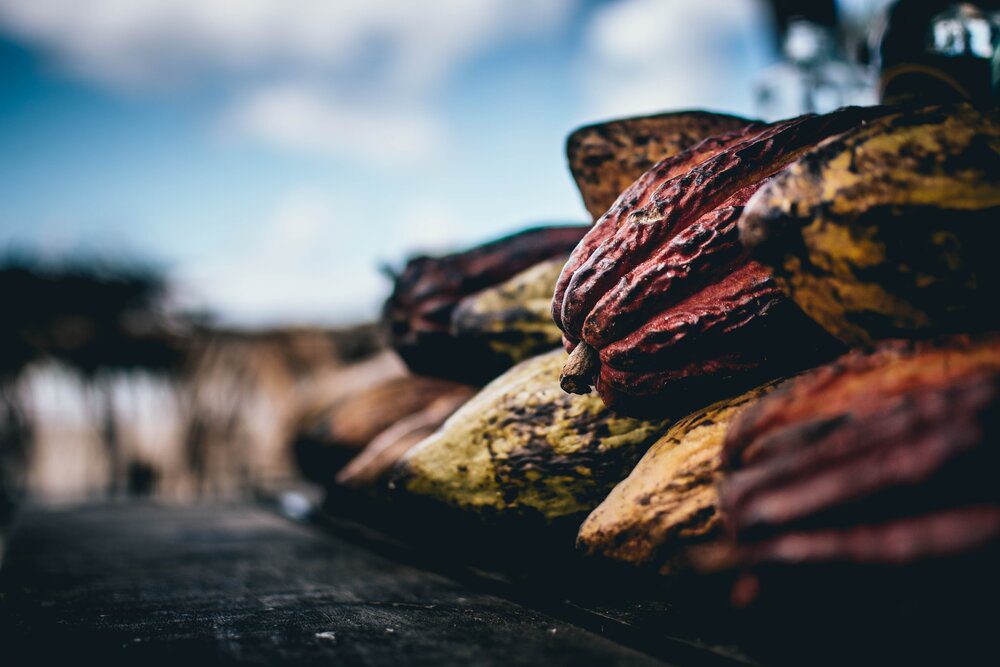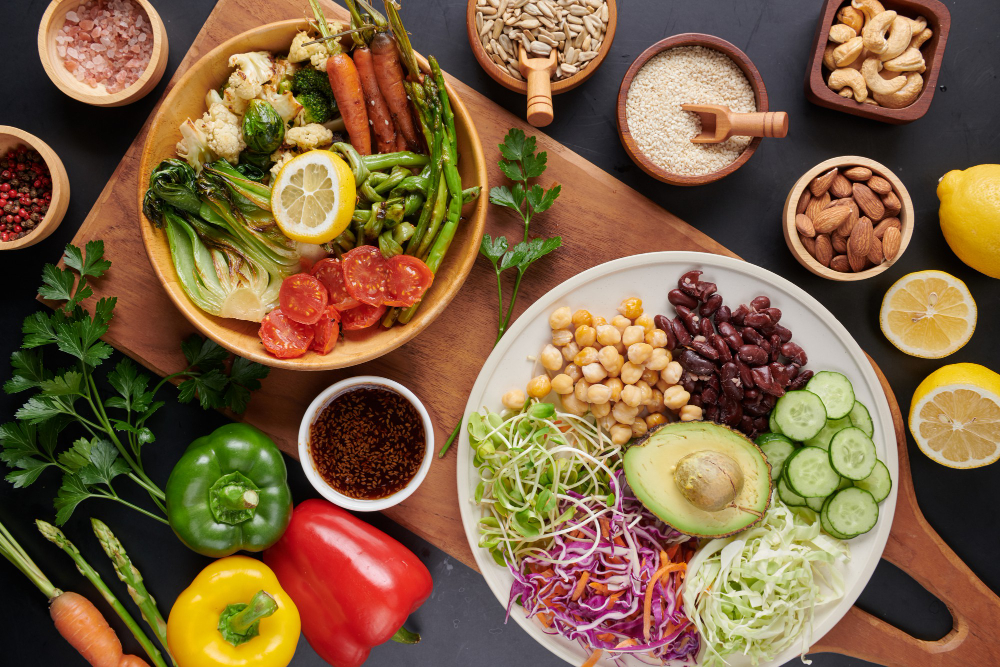The gut microbiome signatures in vegan, vegetarian, and omnivore diets tell a big story about what is going on inside the body. A global study of over 21,000 people just laid it all out. What you eat shows up in your gut and might change your health outcomes.
Researchers analyzed the gut microbes of vegans, vegetarians, and omnivores. The patterns were clear. Different diets grow different gut communities, and some are better than others for your health.
Omnivore Guts Carry Risky Microbes
People who eat meat (especially red meat) showed more of certain gut microbes linked to inflammation. A. putredinis, B. wadsworthia, and R. torques stood out in omnivore guts. These microbes are tied to lower levels of helpful short-chain fatty acids (SCFAs), and they have also been linked to diseases like IBD and colorectal cancer.

Ella / Pexels / Eating more red meat seemed to make these patterns stronger. Less meat and more plants toned them down.
It is not all bad for meat-eaters. The study showed that these microbial patterns were not great news for heart and metabolic health.
Vegan Guts Thrive on Fiber
Gut microbiome signatures in vegan, vegetarian, and omnivore diets showed the biggest contrast between vegans and omnivores. Vegan guts had more Lachnospiraceae, Butyricicoccus sp., and R. hominis - all fiber-loving, SCFA-producing microbes. These are good guys for gut health.
Vegans also had more plant-soil microbes like E. hormaechei, which are usually found in fruits, veggies, and the soil they grow in. That hints at a deeper, maybe helpful connection between plant-based diets and environmental microbes.
Vegetarians Sit in the Middle
Vegetarians showed gut patterns between the two extremes. Without meat but with dairy and eggs, their gut microbes were a blend. They had more dairy-related microbes like S. thermophilus and L. acidophilus, which are linked to health benefits and are often used in yogurt and fermented products.
Still, vegetarians didn’t have as many fiber-digesting microbes as vegans. But they had fewer inflammation-related microbes than omnivores. Their gut health seemed more balanced, especially when their diet included a wide range of plants.
Dairy Adds Friendly Bacteria
The study also showed a clear dairy signal. In those who ate dairy - especially vegetarians and omnivores - lactic acid bacteria were common. These microbes are known to be helpful and are often added to foods like kefir, yogurt, and cheese.
People eating more dairy had more L. paracasei, L. lactis, and S. thermophilus. These are often used in probiotics for a reason. They are good at keeping bad microbes in check and can help with digestion.
More Plants = Better Gut Health
One key finding: what you eat within your diet matters more than the label you use. Not all omnivores eat the same. Some eat mostly processed meat and refined carbs, others pack in fruits, nuts, and whole grains. Those choices shift their gut microbiome.

Jill / Pexels / Even meat-eaters who ate more plant-based foods had better gut patterns - more of the “good” microbes seen in vegans and vegetarians.
It is not just about cutting out meat, but also about boosting plant variety.
Soil Microbes Might Play a Role
One unexpected twist in the study was the discovery of soil-associated microbes in vegan guts. Some of these microbes, like K. pneumoniae strains, also show up in plants and soil. They are used in farming to help crops grow.
That suggests some gut microbes might come from the environment. Not just the food - but especially through fresh, unprocessed plant foods. It is early days, but this could open new paths for research into food, farming, and the gut.










